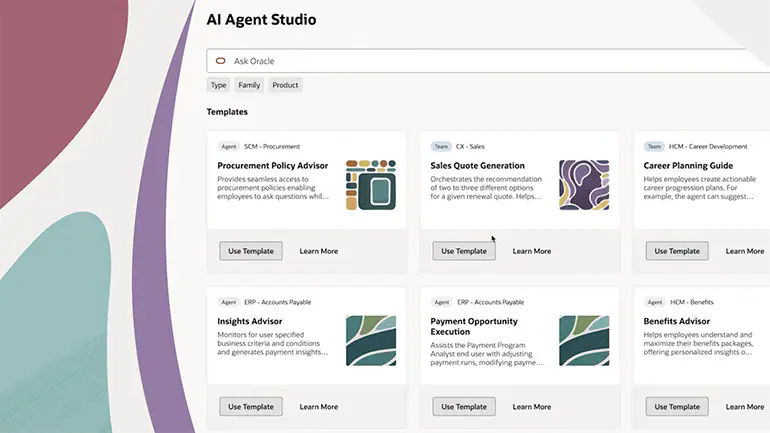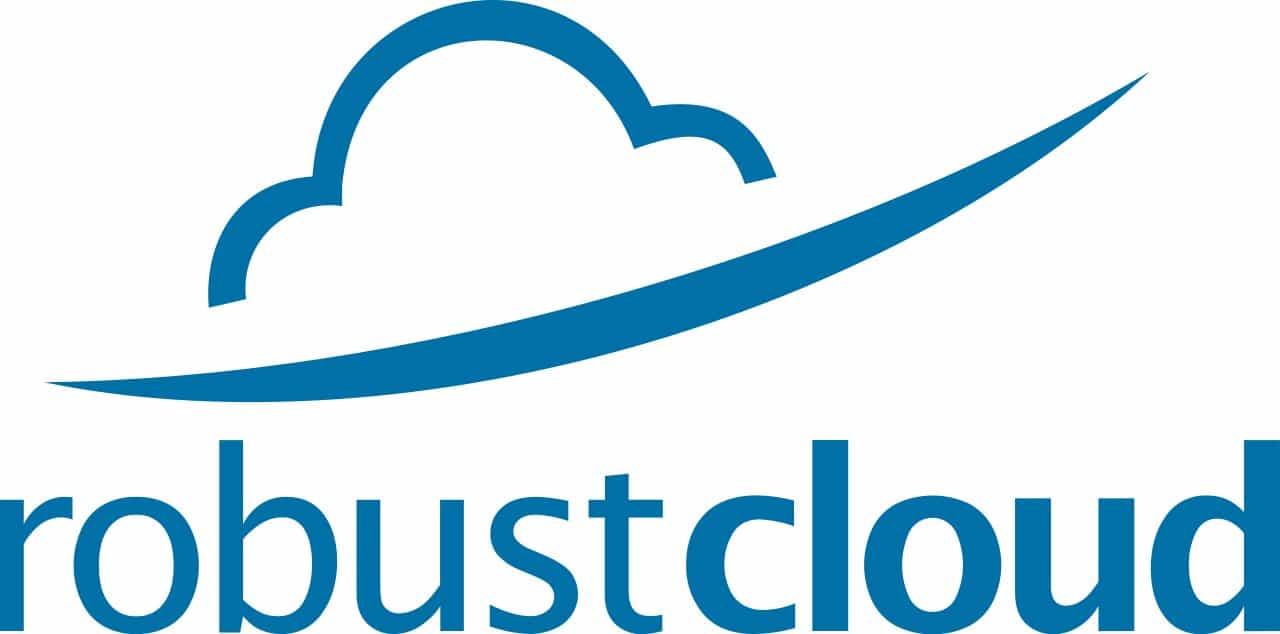Introduction: To stay competitive, businesses must strategically adapt to Gen AI, achieving greater efficiency. Most enterprises utilize Software as a Service (SaaS) to run operations across a wide area of business processes. Although Gen AI is a relatively new technology, automating SaaS processes using Gen AI is widespread due to the ease of implementation. To support this demand, software companies like Oracle are rapidly integrating Generative AI capabilities into their products. Oracle CloudWorld is a global series of events designed to educate regional customers on product strategy. In 2025, Oracle announced new AI Agent capabilities at several events. The first announcement was made in January 2025 in Dubai, covering Oracle AI Agents for Sales Teams, which was previously reported, followed by Oracle AI Agents for Supply Chains and Oracle AI Agents for HR. Then, Oracle AI Agent Studio for Oracle Fusion Cloud Applications was announced in London on March 20th, 2025 (see Figure 1). This blog post covers Oracle’s journey in delivering Gen AI capabilities to its SaaS subscribers, and the following sections provide commentary on some key announcements made since January.

Oracle AI Agents For Supply Chain Workflows (Austin,
Texas, Jan 2025)
Managing a global logistics network is inherently complex
due to numerous suppliers and systems that must work in cohesion. Gen AI can
analyze diverse datasets in supply chain systems and deliver recommendations to
prevent disruptions.
Oracle’s AI agents, embedded in Oracle Fusion Cloud SCM, directly address
supply chain automation challenges by streamlining complex workflows, such as
procurement processes and manufacturer onboarding, thereby reducing
administrative tasks and improving overall efficiency. These AI-driven tools
provide personalized insights, predictive analytics, and compliance guidance,
enabling data-driven decision-making across diverse supply chain roles and
legacy systems. By utilizing automation for end-to-end processes and ensuring
consistent adherence to standards, Oracle’s supply chain solution fosters a
more integrated, resilient, and agile supply chain environment.
Oracle AI Agents For HR Leaders (Mumbai, India, Feb 2025)
An HR leader must navigate the challenge of reconciling
varying employee expectations with organizational objectives while enacting
changes to enhance the employee experience. They must also utilize data-driven
insights to improve workforce productivity without compromising employee
engagement and well-being. Generative AI can offer personalized insights and
recommendations based on employee feedback and behavior while also providing
real-time data that enables HR to enhance productivity and efficiency.
Oracle’s new AI agents in Oracle Fusion Cloud HCM address HR
leaders’ challenges by automating tedious tasks, allowing employees to focus on
meaningful and productive work. Aligning individual employee goals with
organizational objectives enhances the overall employee experience through
personalized career guidance and tailored training recommendations. HR leaders
can utilize real-time insights to optimize workforce productivity and
engagement.
AI Agent Studio Announcement (London, UK, March 2025)
Early use cases for Gen AI adoption fall into the categories
mentioned earlier, where the front office employs embedded Gen AI in daily
operations. The next phase of adoption is likely to occur in the back office,
where enterprises require tools to develop customized agents. Tools designed to
create AI agents offer enterprises adaptable platforms for designing AI agents
that are specifically tailored to their complex business challenges.
Oracle’s AI Agent Studio enables enterprises to rapidly
build, deploy, and manage customized AI agents tailored to unique and evolving
business requirements, accelerating their transition to next-generation AI
adoption. By providing user-friendly tools, team orchestration, and seamless
integration with Oracle Fusion Applications and third-party systems, the
platform allows enterprises to enhance productivity through more advanced
automation and streamlined workflows. Additionally, its built-in security framework
and access to a choice of large language models ensure that enterprises can implement
AI-driven processes, maximizing value while minimizing risk.
The press release included endorsements from leading
industry experts at Accenture, Deloitte, and PwC, emphasizing Oracle AI Agent
Studio’s capability to accelerate productivity and drive measurable business
value. These reputable partners demonstrate how Oracle’s platform enables
customization, streamlined management, and a transparent return on investment
(ROI) from AI investments. Given their established partnerships and proven
success in collaborating with Oracle, these endorsements should help customers
feel secure and enthusiastic about adopting Oracle’s AI Agent Studio for
meaningful and competitive transformation.
Summary:
With the announcement of Oracle’s AI Agent Studio, Oracle
continues to expand its portfolio of products by adding Gen AI capabilities. Oracle’s
latest advancements demonstrate its strategic adoption of Generative AI across the
entire enterprise. With control of its infrastructure through Oracle Cloud
Infrastructure (OCI), Oracle can add security layers while integrating with
third-party applications.
Highlighted in recent announcements, Oracle has introduced
specialized AI Agents embedded within Oracle Fusion Applications, enhancing
business processes in areas such as sales, supply chain, and human resources.
Oracle also unveiled the AI Agent Studio, a user-friendly
platform that empowers businesses to rapidly develop customized AI agents
tailored to their unique operational needs, further accelerating AI adoption.
Backed by industry endorsements from Accenture, Deloitte, and PwC, Oracle’s AI
Agent Studio underscores its potential to deliver productivity gains and
business value.
Overall, Oracle’s AI Agent Studio enables CIOs to expand the
adoption of Gen AI. OCI’s enhanced performance, combined with its emphasis on
privacy and security, will reduce the risk associated with adopting agentic AI.
